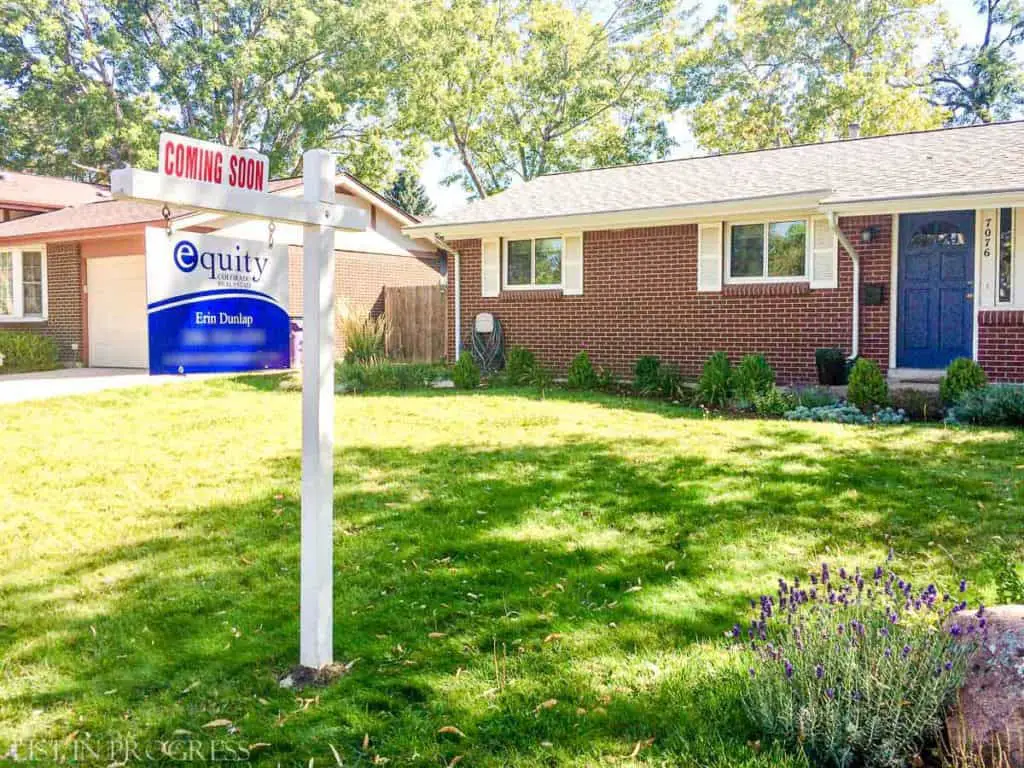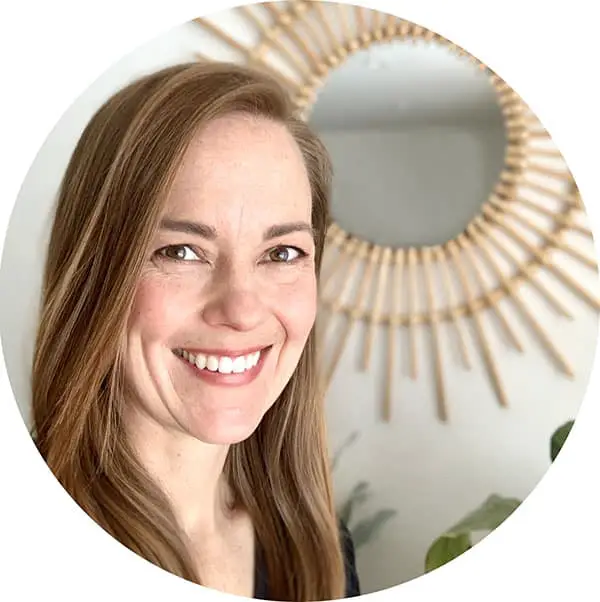I’m a teacher by trade, but I recently earned a real estate license as an experimental step in our journey of buying, fixing up, and selling houses. So far, it’s working out pretty well for us, but there are a lot of factors to consider before you dive in. If you’re thinking about getting a license, here’s everything I’ve learned along the way. This is a 2-part series. Check back next week for part 2!
What’s Behind the Green Curtain?
Real estate agents defend their necessity by claiming to get the best deal for their clients, reach the most buyers or gain access to see the best properties, and negotiate a timely transaction. Agents open doors, write contracts, negotiate deals, and have access to the secrets of the MLS. Plenty of folks want to hire a professional to handle the purchase or sale, so this system works well for them.
However, for the rising cost of housing in Denver, a 3% commission rate is a lot of money – typically over $10,000. Sellers usually pay both agents with the proceeds from the sale. That makes it worth asking – could you and would you do the work yourself? Does this step make sense for you?
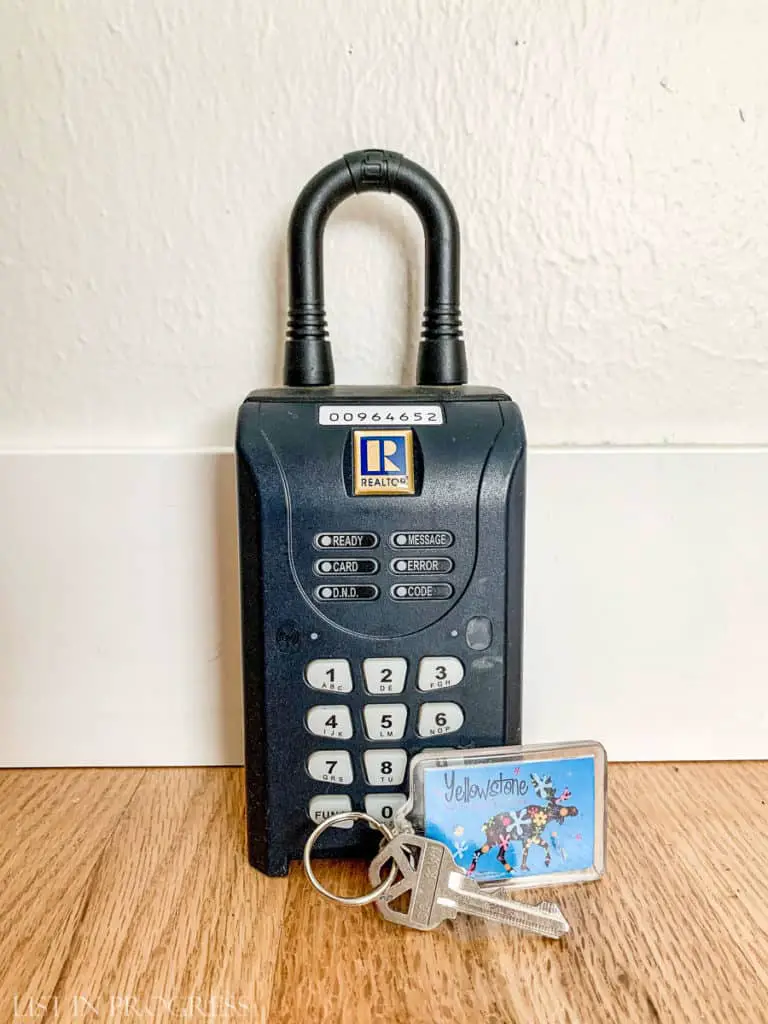
It’s worth noting, alternatives to the traditional real estate model are emerging, if you’d like to try a different approach. Businesses like Redfin, Trelora, Opendoor, and Zillow are trying to change the industry, which I’ll explain next week. However, there are plenty of brokerages and lobbyists fighting to keep the system strong. This is a tough business to change, which got me thinking… “If you can’t fight ’em, join ’em.” Right?
Why Get a Real Estate License?
Are you researching it? Wondering if it’s worth it? Well, it will make a lot of sense if you fit into one of these groups:
- Career agents: you plan to make real estate your full-time career, you know how to hustle and promote yourself, and you’re a true salesperson – you’ll chat up anyone, anywhere.
- Casual agents: you want a flexible job while your kids are in school (for example), you’re established in an area and have a wide social network, you’ll mainly handle transactions for family and friends, and you can attract business by word of mouth.
- House flippers: you don’t want the agent as an intermediary, you can pay cash or have private financing for homes, and you’re more of a businessperson than a salesperson.
In this post, I’m only focusing on the agents who work in residential real estate in Colorado. If you fit one of these groups and think you’ll be able to cover the annual cost of an active license, go for it! Why not give it a shot? Stay tuned for details on the cost, which I’ll break down in Part 2, next week.
Where We Fit in the Picture
I don’t really fit in any of the three “agent type” categories above. After buying and selling a condo in Seattle, and buying two houses in Denver, I decided to get my own real estate license and give it a shot. I wanted to negotiate my own transactions and be in control of the process from start to finish. When we bought our homes in Denver, we liked our agent, but we were already doing 80% of the work ourselves (finding homes, requesting tours, checking comps, pricing our offers). I thought, why not give it a shot and save the commission?
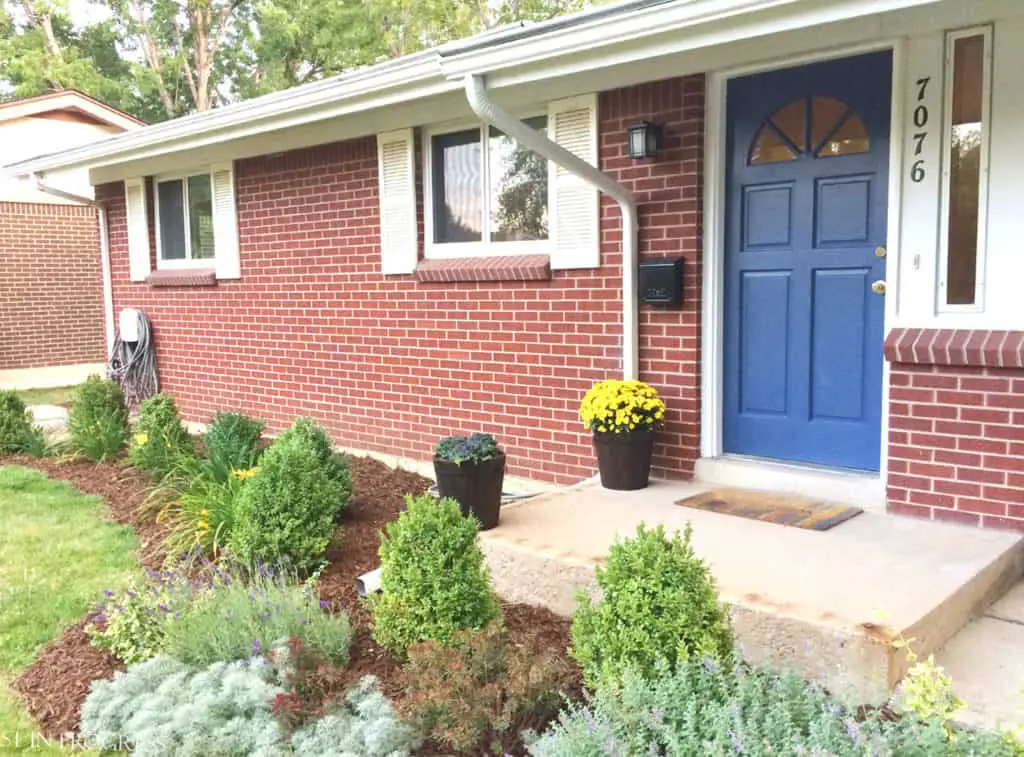
As a licensed agent, I can now open doors and tour houses whenever I want, without making small talk with an agent (hello, fellow introverts!), or waiting on someone else’s schedule. I can see private agent-only notes about homes in the MLS, and I can negotiate with other agents directly. All of that helps us feel more in control of the process, plus I save my commission fee when we sell (sellers typically pay both agents in a transaction).
It’s also worth it for us because we’re trying to fix up and sell our houses in Denver for maximum profit, in order to build capital. We’ve sold one house and are hard at work on our current home. Our long-term goal is to move to the more expensive market around Boulder, about 45 minutes away. Once we find a house we like for a longer term, we plan to start buying rentals. Even if we only buy or sell one property every year or two, the benefits outweigh the cost, for now.
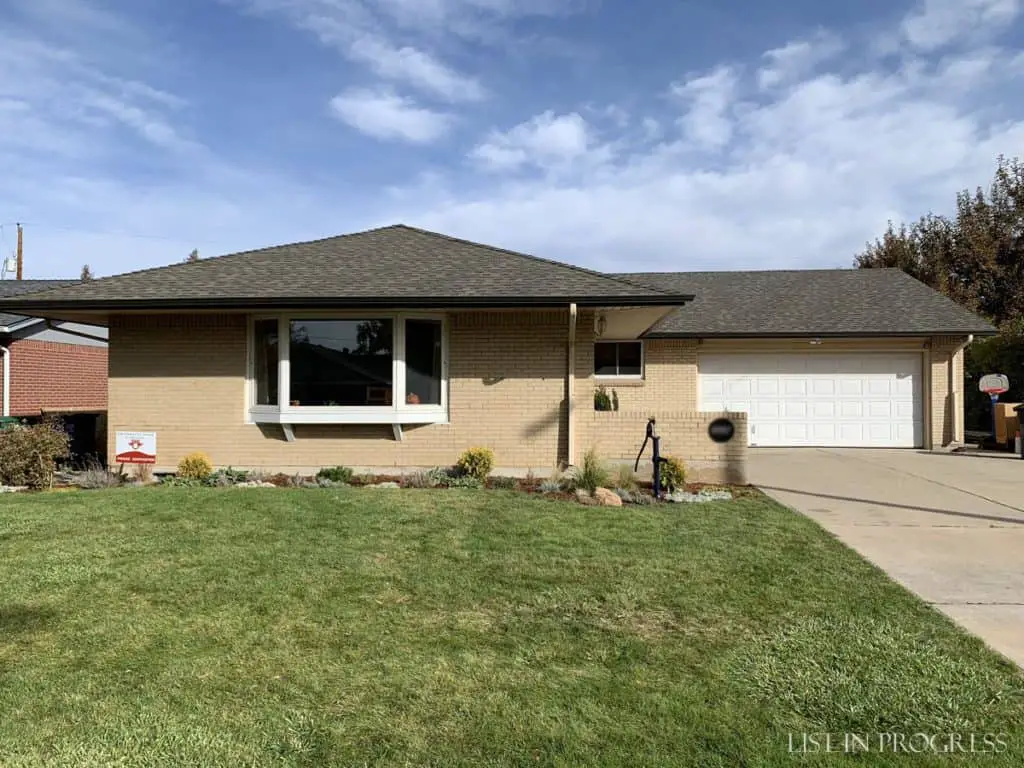
How to Get a Real Estate License
State requirements differ, but in Colorado, I took a $400 online course, passed a test, and selected an employing broker. Done. Real estate license acquired. Of course, you can attend live classes and spend much longer learning the trade than I did, but I appreciate that there is a relatively painless fast-track route.
If you’re trying to pursue real estate as a full-time career, you’ll want to find an employing broker with a great training program and a lot of support. If you want the name recognition of a large broker, be prepared to share a percentage of your commission. I chose a smaller, hands-off brokerage that just charges a flat fee per transaction and offers support and training as needed. It works great for my needs.
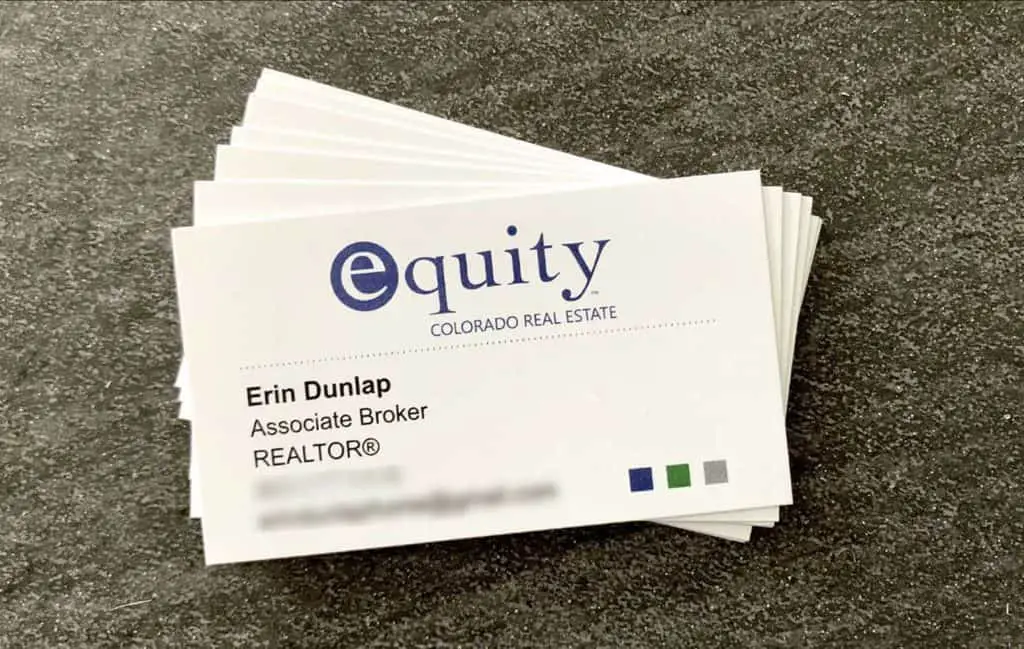
Once you have the license and an employing broker, that’s half the battle. The contracts are regulated by the state and are available online through a contract software program. There are a couple of agencies you may need to join, but the administrative side is fairly straight-forward. I’ll break down the cost of these parts and pieces next week. Still wondering whether or not it’s worth it for you? I’ll help you answer that question, too!
Stay Tuned… Part 2: The Big Reveal!
Next week, I’ll wrap up this series and answer these questions in part 2:
What is real cost to maintain an active real estate license? I’ll break down the numbers for Colorado.
When is a license actually worth it? How to know if you should become an agent.
What other options exist? Is there a middle ground between hiring a traditional agent and becoming one?
Want to read more about our DIY home projects as we update our 1960’s ranch-style house? Try these posts:
Red Brick Ranch House Tour – Our First Home
How to Plan a DIY Kitchen Remodel
Adding Curb Appeal – Our Plans for Exterior Updates


